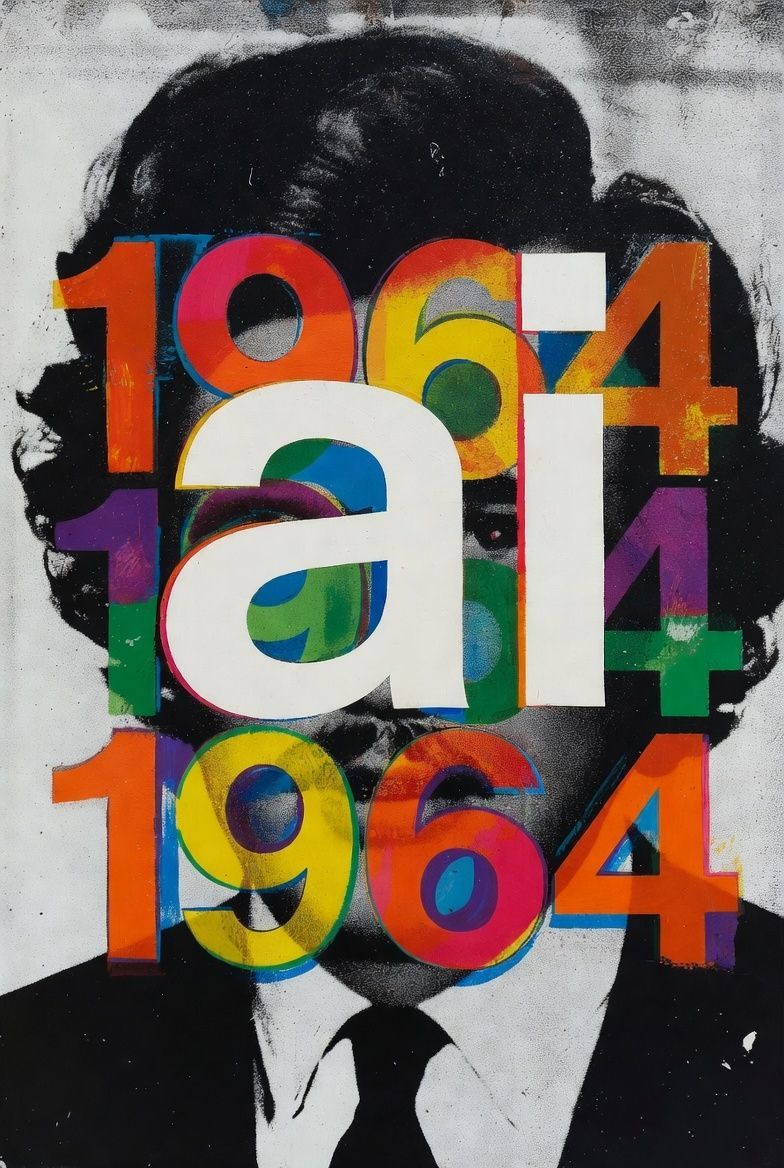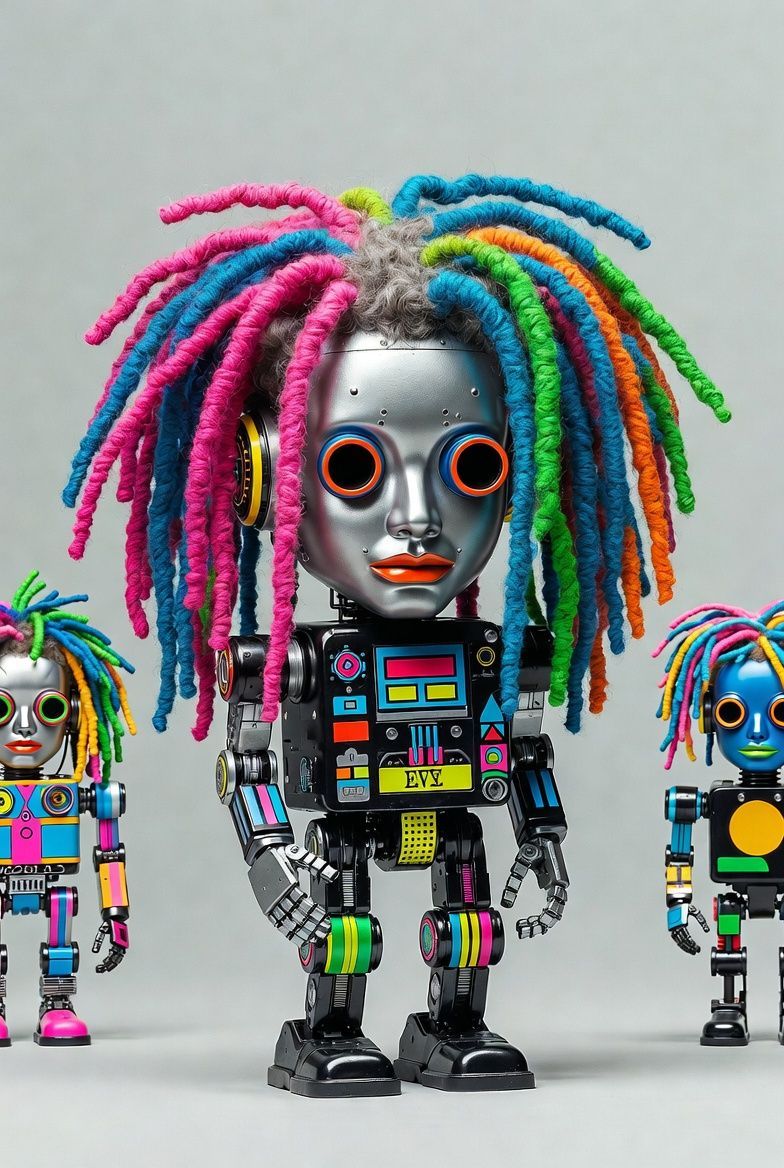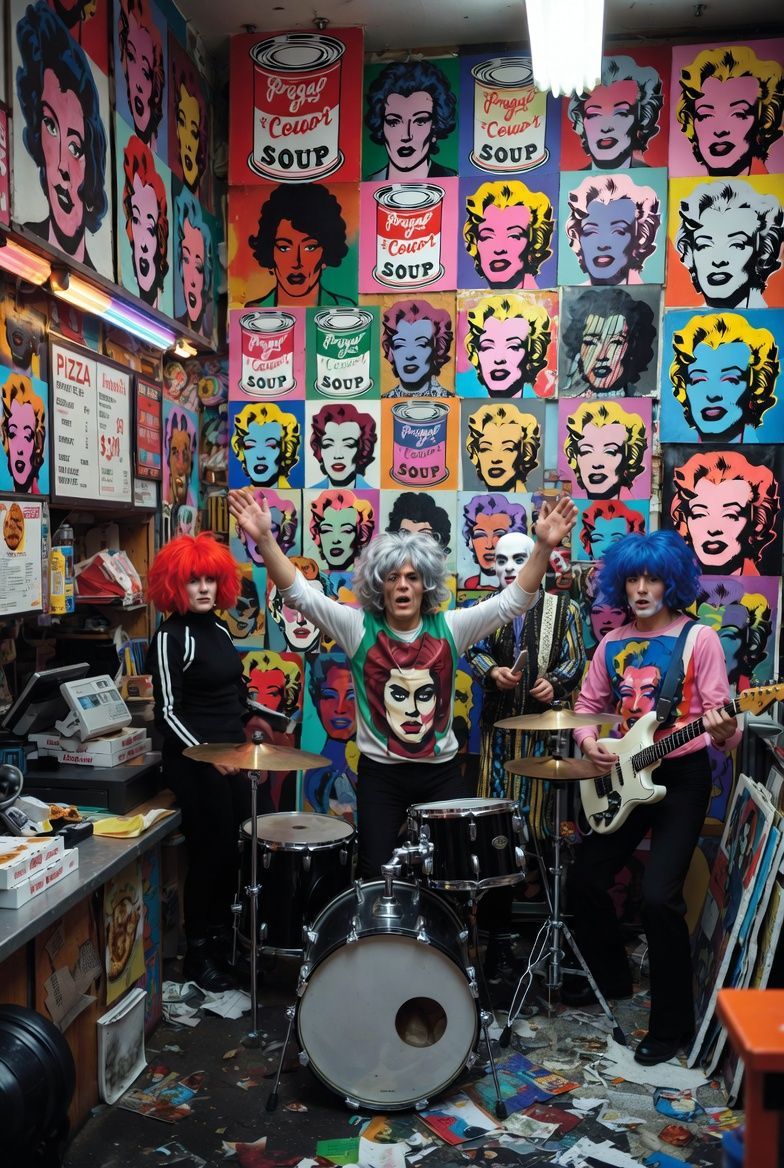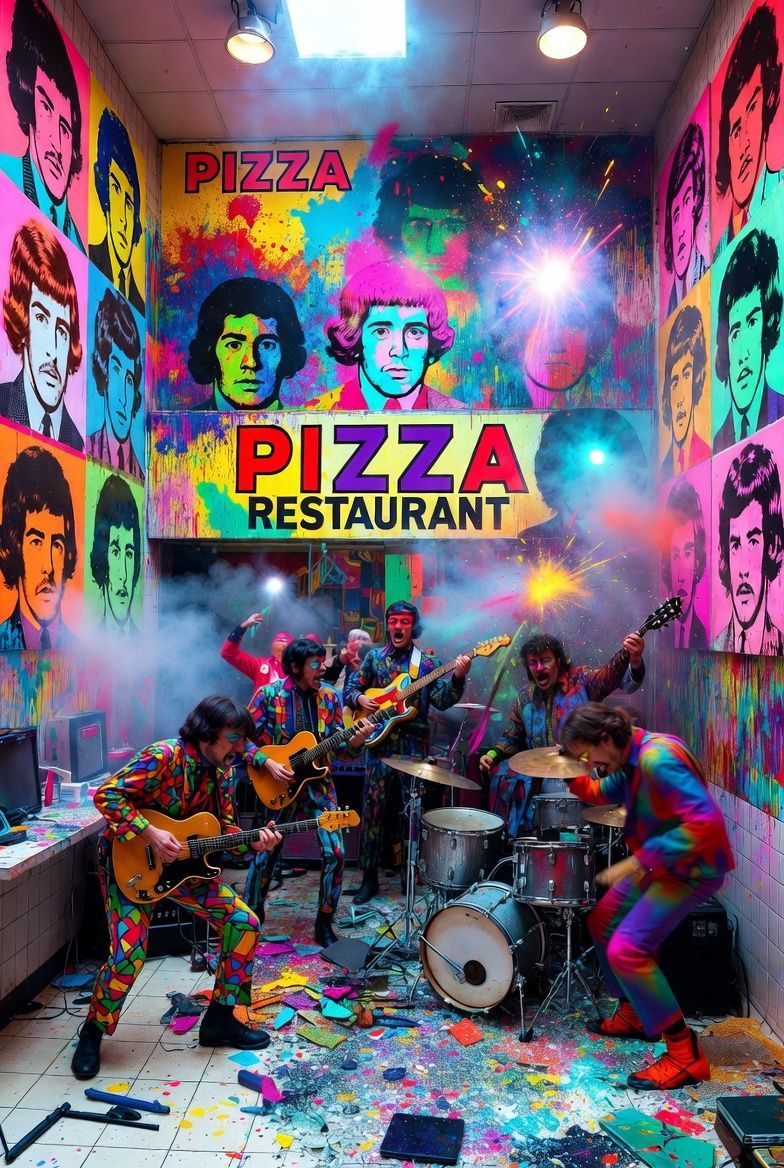AI SEO & GEO Marketing Agency for Florida Clothing Store and Brands
Florida’s fashion economy runs on motion. Shoppers flow in and out with the seasons, tourism surges and recedes, neighborhoods shift identities, and style preferences change block by block. From luxury boutiques in Bal Harbour and Palm Beach to outlet-heavy corridors near Orlando’s theme parks, from Tampa’s streetwear and vintage culture to student-driven fashion in Gainesville and Tallahassee, Florida clothing retail is one of the most competitive and fragmented markets in the country. The challenge is no longer style, inventory, or price alone. The real bottleneck is discovery. If your store is not clearly understood and recommended by search engines and AI systems at the exact moment someone is ready to shop, your physical location might as well be invisible.
Shoppers no longer browse aimlessly. They ask direct questions with immediate intent. They search “best boutique clothing stores in Miami Beach,” “affordable outlet shopping near Orlando,” “trendy men’s clothing Tampa,” or “luxury women’s fashion Naples.” Increasingly, those questions are asked not just in Google search, but inside AI-powered systems like ChatGPT, Gemini, and Google AI Overviews. These systems do not return long lists. They synthesize context, reviews, proximity, and trust signals into one or two answers. Being present in that response is the difference between a sale and a missed opportunity. NinjaAI exists to engineer that presence deliberately.
Florida’s clothing market is uniquely regional, and that regionality matters to AI systems. Miami fashion is international, bilingual, and trend-forward, with luxury buyers in Bal Harbour, streetwear culture in Wynwood, and heavy tourist demand in South Beach. Palm Beach operates on exclusivity, private boutiques, and high-net-worth clientele who search differently and expect different signals of trust. Orlando is driven by outlets, discounts, and family shopping tied to vacation behavior, while Tampa and St. Petersburg blend vintage, streetwear, and sports-inspired fashion. Jacksonville and St. Augustine lean coastal, surf-influenced, and historic. Naples, Marco Island, Sarasota, and Venice skew toward upscale resort wear and golf-oriented fashion for seasonal residents. The Florida Keys thrive on island-inspired apparel purchased impulsively by tourists. The Panhandle serves beachwear and spring-break fashion, while Tallahassee and Gainesville revolve around student budgets and trend cycles. Even cities like Lakeland, Ocala, and Sebring present opportunities through bilingual retail and community-focused clothing stores. Each of these markets requires distinct digital signals to be interpreted correctly by machines.
Search Engine Optimization remains the foundation, but fashion SEO must be executed with precision. Shoppers rarely search generic terms. They look for outcomes and identity. “Miami boutique with luxury dresses,” “best Orlando outlet discounts,” “Tampa streetwear brands,” “affordable kids’ clothing Naples.” To capture this intent, a clothing store needs more than a homepage. Google Business Profiles must be fully optimized with accurate categories like Clothing Store, Boutique, Designer Fashion, Streetwear, or Resort Wear. Reviews must mention products and experiences, not just star ratings, because phrases like “best boutique in Sarasota for resort wear” feed directly into AI interpretation. Each store benefits from service- and product-specific landing pages such as Miami Designer Boutiques, Naples Luxury Fashion, or Orlando Outlet Shopping. Blog content should mirror how people actually search, with guides like How to Shop Orlando’s Outlets Like a Local or Top Shopping Districts in Tampa. Underneath it all, technical SEO must support fast mobile performance, secure checkout, image-rich layouts, and schema markup for retail, products, and reviews.
Multilingual SEO is not optional in Florida. Tourists and residents routinely search in Spanish, Portuguese, French, and Creole. A boutique that offers bilingual or multilingual content instantly expands its addressable audience and increases the likelihood of being cited by AI systems serving international users. These signals compound over time, especially in tourism-heavy zones.
Generative Engine Optimization is where most fashion retailers fall behind. GEO is not about ranking pages; it is about becoming cite-worthy inside AI responses. When a visitor asks an AI system for the best boutique in Miami Beach, the model looks for structured answers, clear specialization, location context, and proof of trust. NinjaAI embeds FAQ-style question-and-answer content that mirrors how shoppers ask questions, such as whether a store carries luxury women’s fashion, streetwear, or outlet discounts. Schema markup helps machines parse store type, product categories, and location details. Micro-location anchoring ties each store to precise areas like South Beach, Hyde Park in Tampa, Lake Buena Vista in Orlando, or Old Town Key West. This shifts AI recommendations away from generic directories and toward your store directly.
Answer Engine Optimization builds on this by targeting single-answer moments. Questions like “Where to buy luxury clothing in Naples,” “Cheapest outlet for designer brands near Disney,” or “Are there vintage clothing stores in St. Augustine” are resolved by AI with one trusted name. Stores that publish direct, authoritative answers supported by reviews, press mentions, and clear EEAT signals are the ones selected. NinjaAI structures these assets so your store becomes the obvious choice when the question is asked.
The impact of this visibility varies by region but follows the same principle. Miami boutiques can dominate tourist queries before visitors ever land. Orlando outlets can capture global bargain hunters planning their trips. Tampa streetwear shops can own niche identity searches. Jacksonville surf shops can win coastal fashion queries. Naples and Sarasota boutiques can capture high-value luxury intent. Palm Beach stores can position themselves as exclusive answers for affluent buyers. Even smaller cities can outperform larger chains when AI systems detect specificity and local authority.
The contrast is clear in practice. Without GEO, a query like “best luxury boutique Miami” defaults to Yelp or TripAdvisor. With GEO in place, an AI system cites your boutique directly, describing it accurately and contextually. Without GEO, “best outlet near Disney” returns an aggregator site. With proper structure, Gemini or Google AI Overviews surface your store as the trusted shopping destination.
NinjaAI approaches fashion retail differently than agencies focused solely on ads or influencers. Social campaigns fade. Influencer posts expire. Visibility architecture compounds. By combining technical SEO, GEO, and AEO with multilingual and regional intelligence, NinjaAI ensures clothing stores are not just present online but understood, trusted, and recommended by the systems that now mediate shopping decisions. In a market as competitive and fluid as Florida fashion, being the answer is the only sustainable advantage.
Contact Us
We will get back to you as soon as possible.
Please try again later.









